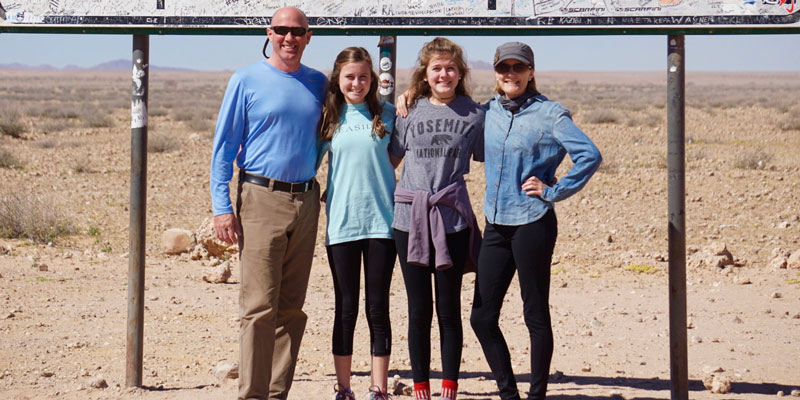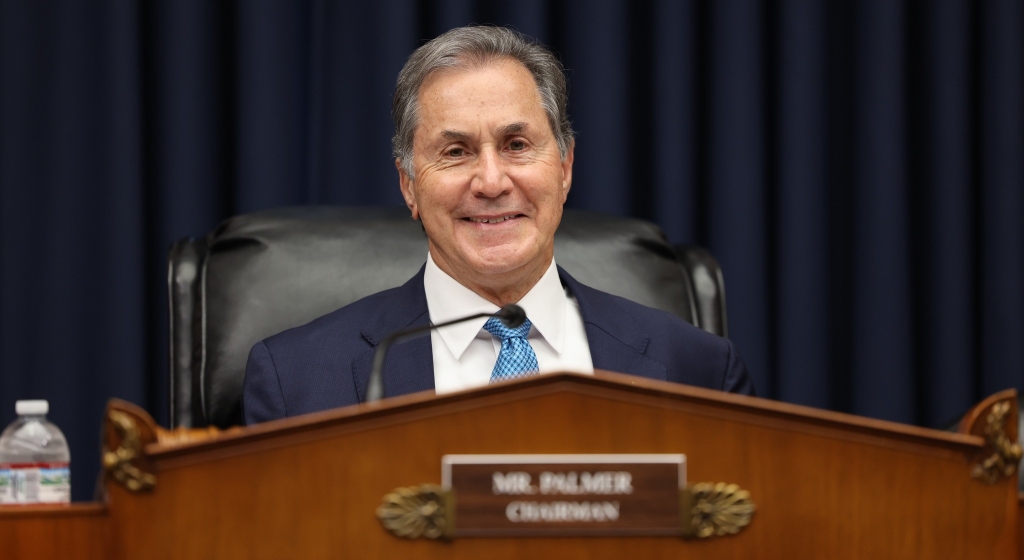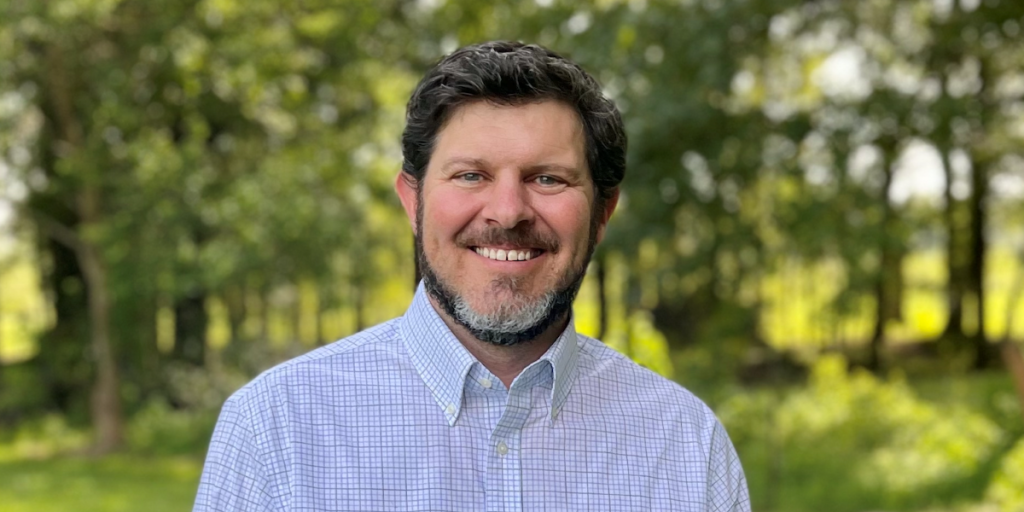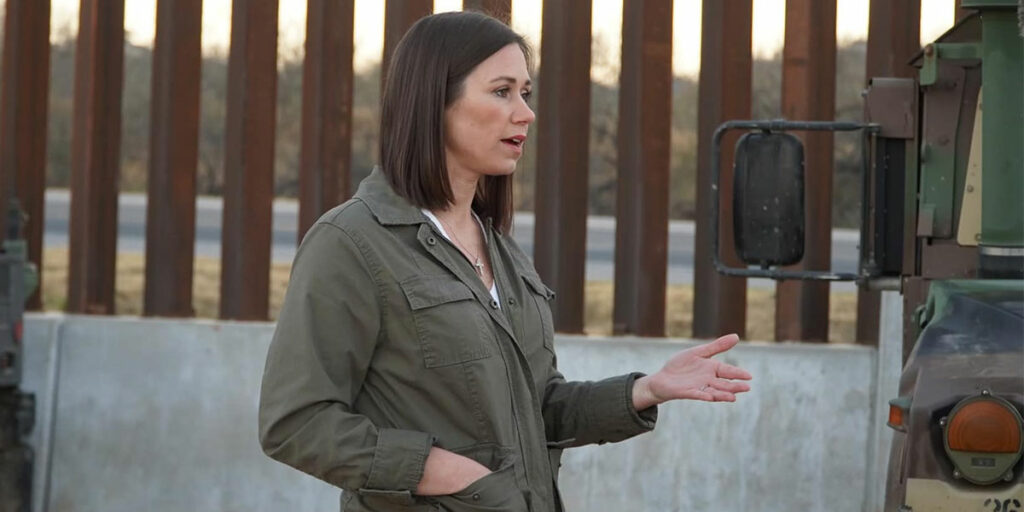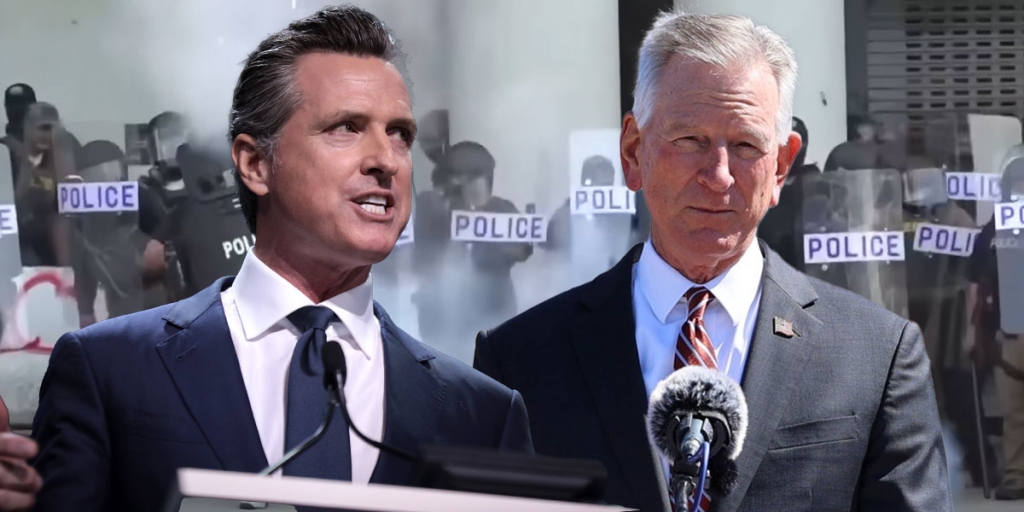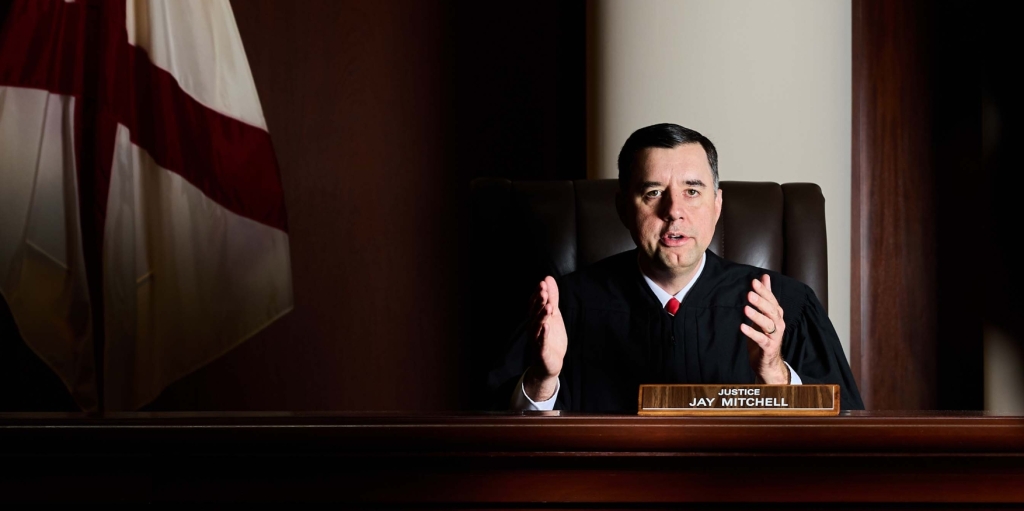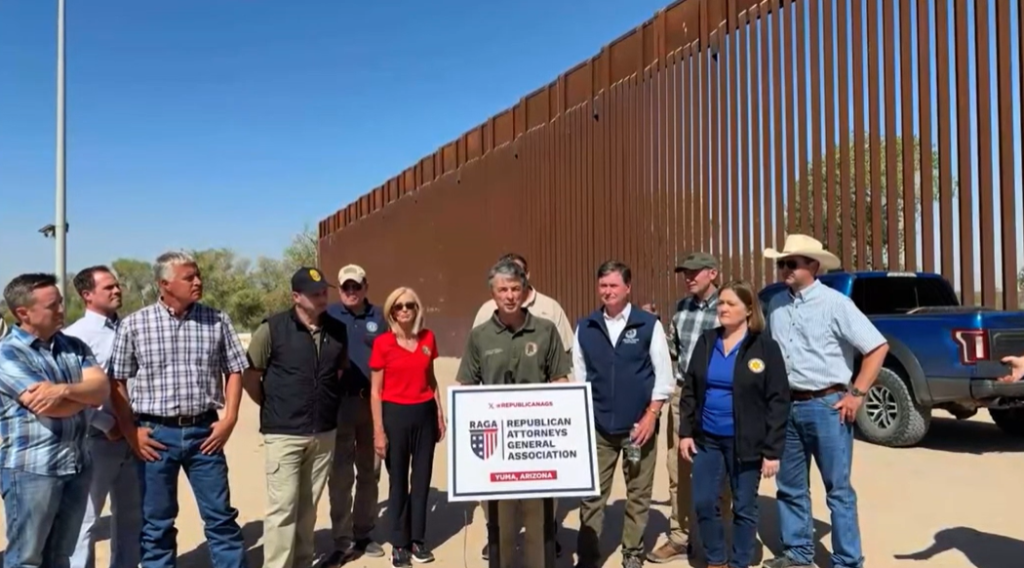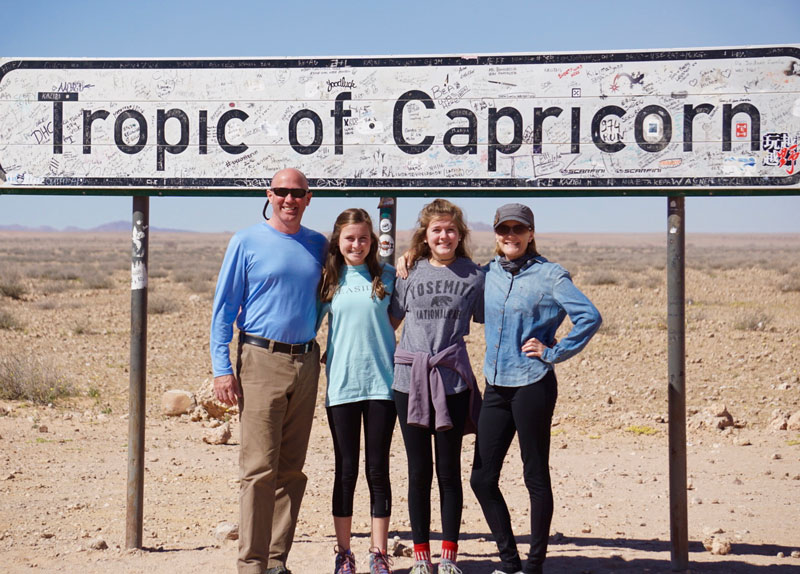
By Kellie McIntyre from 4 Worn Passports
My concern for the oppressed people of the world took root in my childhood in the 1970’s. I credit my mother for this. I vividly remember riding with my mom in our wood-paneled station wagon on Sunday mornings picking up Southeast Asian refugees and taking them to church. I recall giving them basic household items to help them set up their new homes in a foreign land. I remember that every time I wouldn’t eat my dinner, my parents scolded me and reminded me of the starving children in Cambodia.
I remember being so bothered by their situation, that when a local children’s news show solicited ideas for current events’ topics, I submitted an entry about the Southeast Asian refugee crisis. It never aired. Apparently, the producers didn’t think Pol Pot’s genocide was a suitable topic for other 9 year olds.
In the 1980’s, I had a high school friend who had escaped from Vietnam during the fall of Saigon in 1975. Like many “boat people,” Nina, her mother, and her younger siblings escaped under the cover of darkness. Her older half-siblings and grandparents did not make it out. Although her mother spoke no English, Nina was a star student, star athlete, and even class president. Nina embraced the American Dream in a big way.
Like most Americans of my generation, I’ve never lived in a war-torn country, feared an oppressive government, suffered religious persecution, or fled genocide.
Strangely, however, I know exactly what it feels like to be detained in immigration and deported from a foreign country, despite all efforts to fully comply with the entrance requirements.
Three years ago, my husband, two daughters and I were detained in Chinese immigration. We, along with three 20-something Swedish men, were held for hours in frigid, polluted conditions and denied access to our coats, food, and water. (After several hours they did oblige our request for water and provided (2) eight ounce bottles for seven people to share.) At the end of our detainment, the three Swedes were released and our family was deported. Despite our harrowing ordeal, there were no protests, lawsuits, or media coverage.
Our Chinese detention and deportation experience was the first time in my life that I knew what it felt like to be powerless and captive. That is a terrible combination. I remember being terrified that they would separate us from our daughters and there would be nothing that we could do. I barely held myself together. When the ordeal finally ended the next day, I remembered thinking:
Freedom is like oxygen–you don’t realize how important it is until you no longer have it.
Fast forward three years and we now find our nation embroiled in a bitter immigration feud. Although both sides have very different opinions, we can probably all agree that the immediate implementation and enforcement of President Trump’s travel ban at the end of January was a catastrophe. Meanwhile, the revised immigration order was signed earlier today. The outrage over the initial policy going into effect while people were in transit was completely understandable. What I don’t understand, though, is why so many Americans are vehemently opposed to any sort of immigration reform.
To illustrate my point, consider the following question:
What do you do when you see a homeless and/or suffering person?
- 1. Nothing at all
2. Give food
3. Give a little money
4. Give a lot of money
5. Volunteer in a shelter
6. Invite them to move in with you
I have done all of the above except #6.
Does that make me an evil, bigoted hater?
Or does that make me a compassionate, yet cautious, mother?
Although I care deeply about the plight of others, my first priority is to the safety and security of my family. So I choose to help in a way that doesn’t put my family at risk.
Similarly, the role of our government, first and foremost, is to protect its citizens.
This doesn’t mean that we are not a safe harbor for the persecuted, but it does mean that we must be smart about the process we use to allow immigrants into our home (country). We are a nation based on freedom, liberty and equal rights. All who seek to join the American family should share the same values.
Therefore, it is not unreasonable to have different visa and immigration policies for different countries.
Despite what the media would have you believe, this concept is not the brain child of the current administration nor is it isolated to the United States. In fact, all of our ancestors who immigrated through Ellis Island were subjected to scrutiny that is far more stringent than it is today. It is the reason the Swedes were allowed into China and, we, the Americans, were deported. This is how countries around the world operate.
If you really want to know what the people of the world are like or how other countries handle immigration, go see for yourself!
Don’t rely on what you see on TV or read in the news. For instance, would it surprise you to know that our most memorable Christian experience was attending a Baptist church service in Muslim-majority Malaysia? Or that Australia’s strict immigration requirements extend beyond humans?
In fact, Australia is rabies-free thanks to its strict pet immigration and quarantine policy. Australia will allow cats or dogs from anywhere in the world to enter its country, but the process varies based on the prevalence of rabies in the pet’s home country. New Zealand is the only country exempt from this policy because New Zealand is also rabies-free. The immigration steps for cats and dogs from all other countries in the world can be lengthy (6+ months), expensive (~$1,200+), and require a minimum 10 day quarantine once they enter Australia.
So does this mean every dog or cat outside of New Zealand that wants to immigrate to Australia is rabid?
Of course not.
But by taking stepped up precautions based on the prevalence of rabies in the home country, Australia has managed to keep this deadly disease outside of its borders.
At the end of the day, isn’t that what we want for our nation as well?
Whether it’s rabies, terrorism, or some other type of threat, certain countries do pose a greater risk than others. An intelligent immigration policy would allow anyone from anywhere to enter our country legally once we are confident that they are not a risk to the American way of life. To continue being a refuge for the persecuted, we must ensure that the evil that caused the crises the immigrants are fleeing cannot take root here.
I doubt Cambodia and Vietnam were very high on most tourists’ bucket lists 40 years ago, or Germany and Japan 70 years ago. Yet, today, Cambodia, Vietnam and Germany are three of my favorite places that I’ve visited, and Japan is on my short list. Just as evil was defeated and peace restored in Cambodia and Germany, hopefully, a generation from now, the very countries from which people are fleeing will be at the tops of travelers’ lists.
Until then, wouldn’t creating an immigration process that is both compassionate and cautious be a win-win for both Americans and for future Americans?
About 4 Worn Passports:
We are an Alabama family with a passion for independent family travel. In 2013, we withdrew our daughters from middle school and traveled around the world. We spent less on our 5 month worldwide adventure than many people spend on cars—and our memories won’t depreciate!
Although our “big trip” is over, we are still exploring. Our blog is full of trip ideas, tips to stretch your travel budget, practical advice, and funny (and not-so-funny) stories about our adventures and misadventures across six continents.
We hope our blog inspires you to pursue your wildest dreams, no matter how unconventional they may be!




